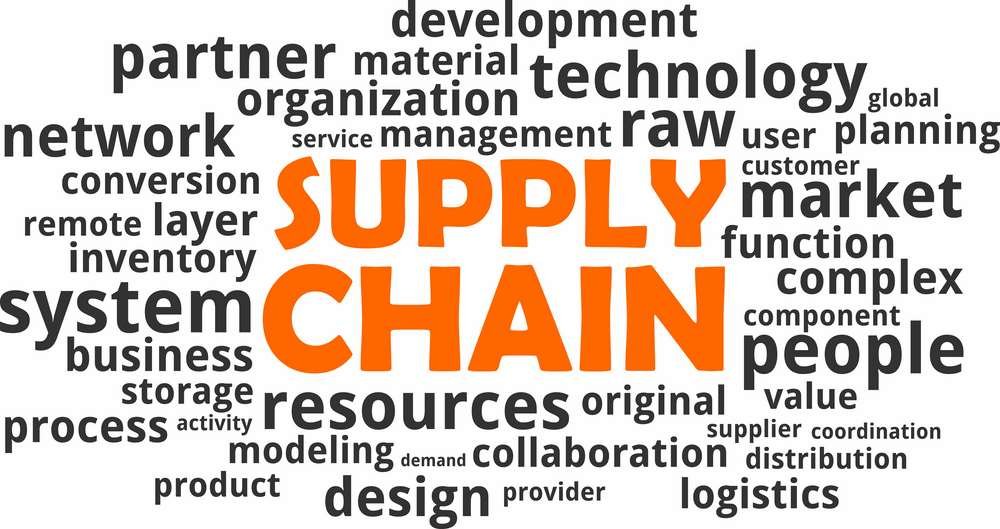Buyers turn to digital dynamic discounting to protect supply chains
Published by Gbaf News
Posted on May 27, 2020
4 min readLast updated: January 21, 2026

Published by Gbaf News
Posted on May 27, 2020
4 min readLast updated: January 21, 2026

By Adeline de Metz, Global Head of Working Capital Solutions.
Corona virus and the social distancing measures put in place by governments around the world to curtail its spread continue to impact companies of all sizes – as well as their supply chains. The management of short-term liquidity and working capital has become more important than ever, particularly for smaller businesses. Adeline de Metz, UniCredit’s Global Head of Working Capital Solutions, outlines how larger buyers are supporting their supply chains by implementing dynamic discounting programmes
The continued spread of coronavirus is having an unprecedented impact on the global economy – making it increasingly necessary for corporates to identify new and effective means to secure additional liquidity and manage their working capital.
Much of the focus for businesses has, quite rightly, been on securing additional liquidity to ride out the challenges of a locked-down economy, but – even for companies that are somewhat insulated from external shocks –a pressing challenge remains in supporting their suppliers. An otherwise healthy company can quickly be brought to reckoning if crucial suppliers become insolvent. In this environment, companies are naturally starting to reassess the measures they have in place to ensure supply chain stability. One solution that is growing in prominence is dynamic discounting – a financing technique that allows them to extend financial support to their suppliers directly by offering early payments in exchange for a scaled discount (i.e. the earlier payment, the greater the discount).
This can be a highly effective means of supporting the long tail of smaller suppliers who have historically struggled to access the benefits of supply chain finance(SCF) – offering them additional liquidity and stabilising their balance sheets.
This is not simply a good turn for suppliers either. Through the scaled discount, buyers themselves are also able to earn a competitive return on their excess cash reserves, whilst galvanising their commercial relationships.
The digital dimension

Adeline de Metz
Crucially, now that the ability to execute tasks remotely is of heightened importance, dynamic discounting has undergone a digital revamp in recent years. This means businesses can now set up and manage dynamic discounting programmes via online platforms. These allow buyers and suppliers to automatically view their invoices through a web-based or mobile platform and select approved invoices for early payment – providing users with the ability to safely and efficiently optimise their financial resources. What’s more, the solution can be easily integrated with a company’s Enterprise Resource Planning (ERP) and treasury infrastructure – minimising paper processing and eliminating onboarding administration for suppliers.
Putting it into practice
At UniCredit, we are already seeing clients look to take advantage of this technique and the new digital efficiencies on offer to shore up suppliers. Furla, for example, a leading producer of leather goods and accessories, sees its unique network of suppliers as a key selling point, rendering the health of its supply chain a critical consideration.
In view of this, Furla recently set up a supply chain financing (SCF) programme to support its largest suppliers. Under the programme, suppliers can request early payment of invoices, fulfilled by the bank at a competitive financing rate tied to Furla’s credit profile.
For smaller partners, dynamic discounting is the natural complement – enabling Furla to support its partners with its own excess liquidity on a flexible basis. However, traditionally it carried out these deals over phone and email, generating a sizeable administrative burden for the treasury department.
As mentioned, the web-based solution allows both Furla and its suppliers to select invoices for early payment –making it easier to execute, track and trace. The result is that support can be offered faster, more efficiently and – crucially – more widely.
Luxury Italian chocolate and ice cream manufacturer Venchi is another company that has been quick to move for dynamic discounting– deploying the technique to strengthen relationships across its supply chain by alleviating potential cash flow challenges, as well as to improve yield on excess cash on its balance sheet.
As with Furla, Venchi sees its suppliers – including a large number of small and medium-sized enterprises – as central to its business model and is using dynamic discounting alongside a more traditional bank-financed SCF programme.
This combined approach equips corporate buyers with the tools to support suppliers of all sizes, with the biggest supported through traditional SCF and the “long tail” of smaller suppliers covered by dynamic discounting via a digital platform.
Digital solutions such as these are at the heart of a wider shift towards a more collaborative ecosystem – one that the current pandemic will likely accelerate and which, in the long term, spells good news both for large buyers seeking to optimise their working capital and for SMEs looking to gain access to the benefits of SCF.
Explore more articles in the Technology category











